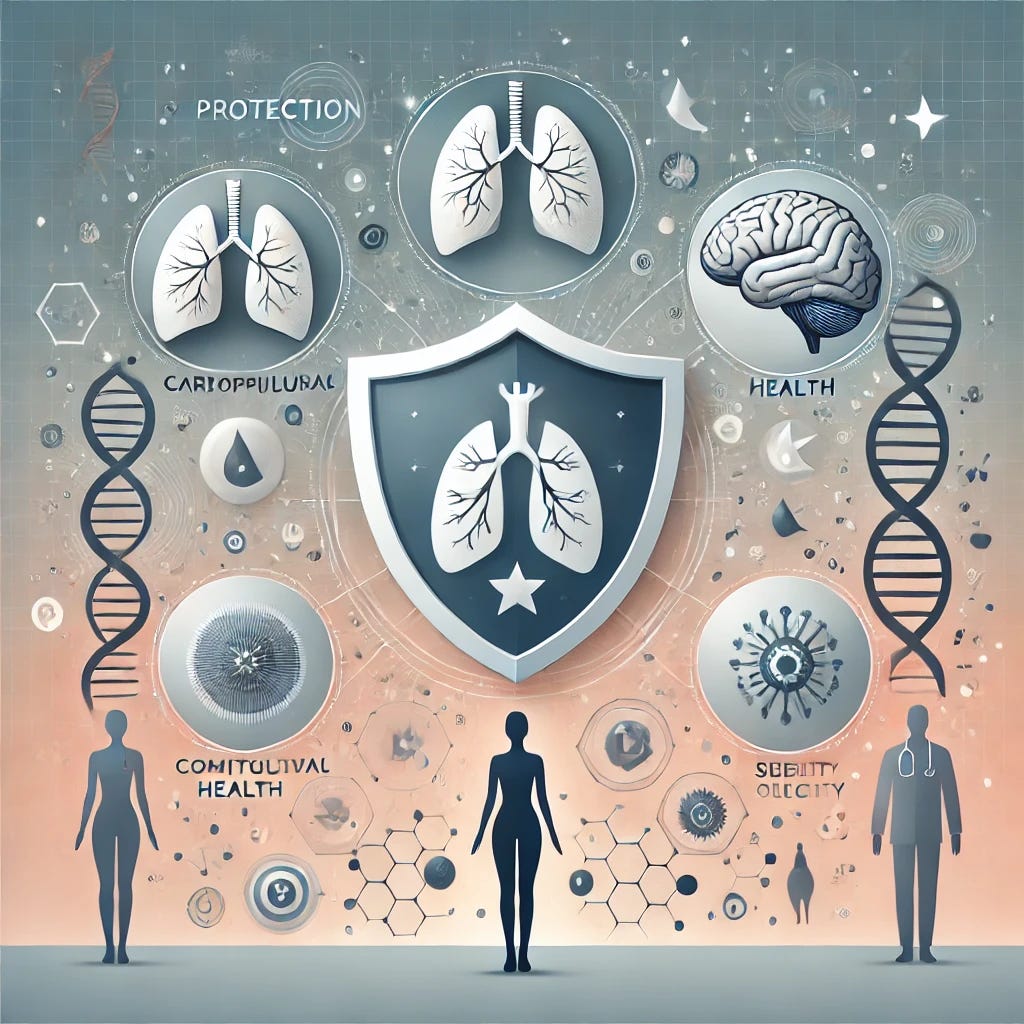Century Old BCG Vaccine Shields Against Long COVID Symptoms
A clinical trial reveals promising insights into the role of BCG immunotherapy in reducing long COVID complications.
Topline
Administering the Bacillus Calmette-Guérin (BCG) vaccine during active COVID-19 infection may reduce the risk of long COVID symptoms, especially in cognitive and cardiopulmonary domains.
Study Details
The BCG vaccine, known for its role in tuberculosis prevention, has been explored as a therapeutic intervention for COVID-19. A phase 3 clinical tria…
Keep reading with a 7-day free trial
Subscribe to Just Healthcare to keep reading this post and get 7 days of free access to the full post archives.


